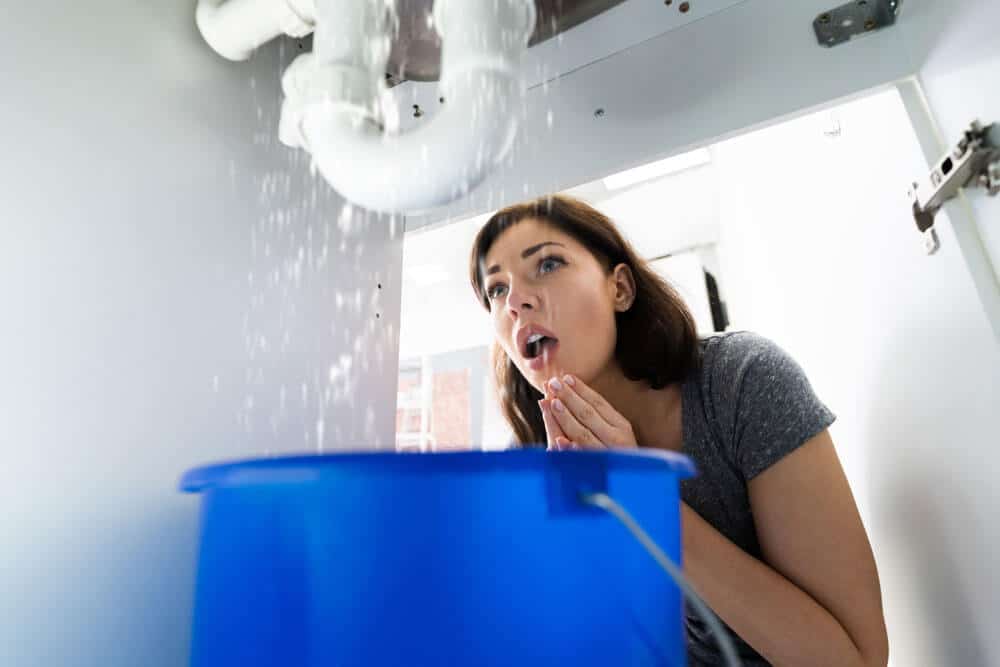Plumbing emergencies can be stressful and overwhelming. Not only do they require fast action, but they can also be costly. Knowing how to handle these disasters and prevent them from happening in the first place is essential for homeowners who want to keep costs down. In order to properly prepare for any plumbing emergency, it’s important that you understand the different types of issues that could arise. We’ll go over common problems like clogged drains or broken pipes, as well as more serious ones such as sewage backups or flooding. We’ll explain the steps necessary for addressing each type of issue quickly and efficiently so that you can avoid extensive damage and repair costs. Finally, we’ll cover preventive measures you can take to ensure your plumbing system continues running smoothly with minimal disruption.
Types Of Plumbing Emergencies
Plumbing emergencies can be a costly disaster, but there are steps you can take to both handle and prevent them. Common plumbing emergencies include clogged drains and burst pipes. Clogged drains occur when an accumulation of objects such as food or hair obstructs the pipe, causing water to back up and overflow. To unclog a drain, try using a plunger first; if it doesn’t work, call a plumber for assistance.
Burst pipes usually happen due to extreme temperatures that cause the water inside the pipe to expand. If this happens in your home, immediately turn off your main water supply valve then shut down all nearby fixtures before calling a plumber. To avoid these types of plumbing issues, regularly inspect exposed pipes (e.g., under sinks) for signs of wear and tear. Additionally, make sure gutters around your roof remain clear so rainwater has somewhere to go instead of collecting near your foundation, where it could potentially leak into your house’s structure. Taking these preventive measures will help ensure any future plumbing disasters are avoided altogether. Preventing a plumbing emergency can save you time, energy, and money. It’s important to know what kinds of problems could occur so that you can take the necessary steps to prevent them.
Regular maintenance and early detection are key for avoiding costly disasters. It’s up to us as homeowners and renters to stay on top of our plumbing needs. Making sure everything is running smoothly will help keep your home safe from potential damage caused by an unexpected emergency. Taking these preventive measures will ensure that any issues can be handled quickly and easily without causing too much disruption or expense!

